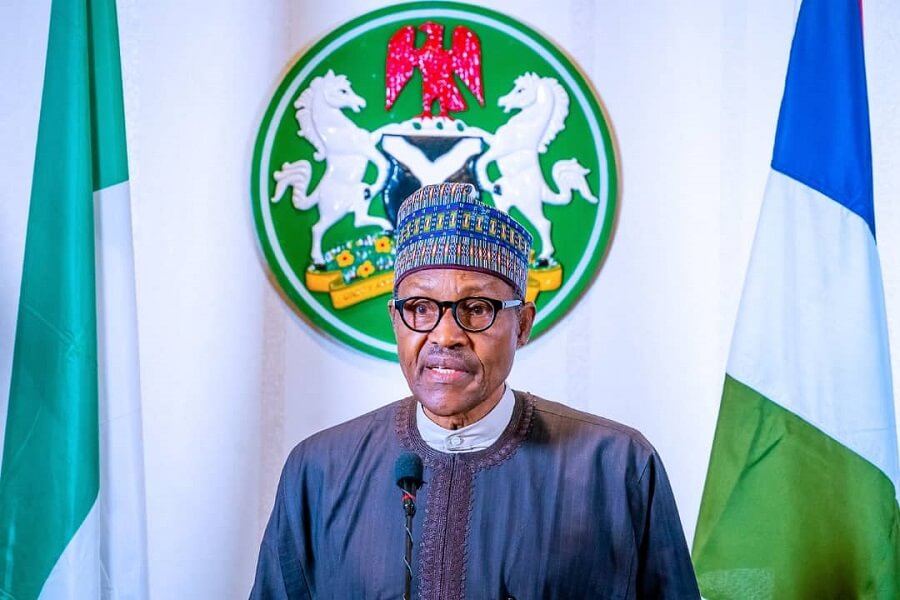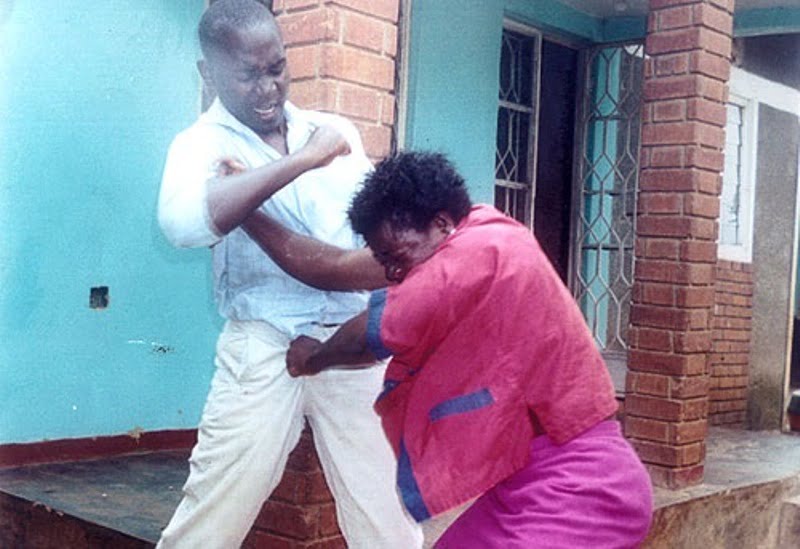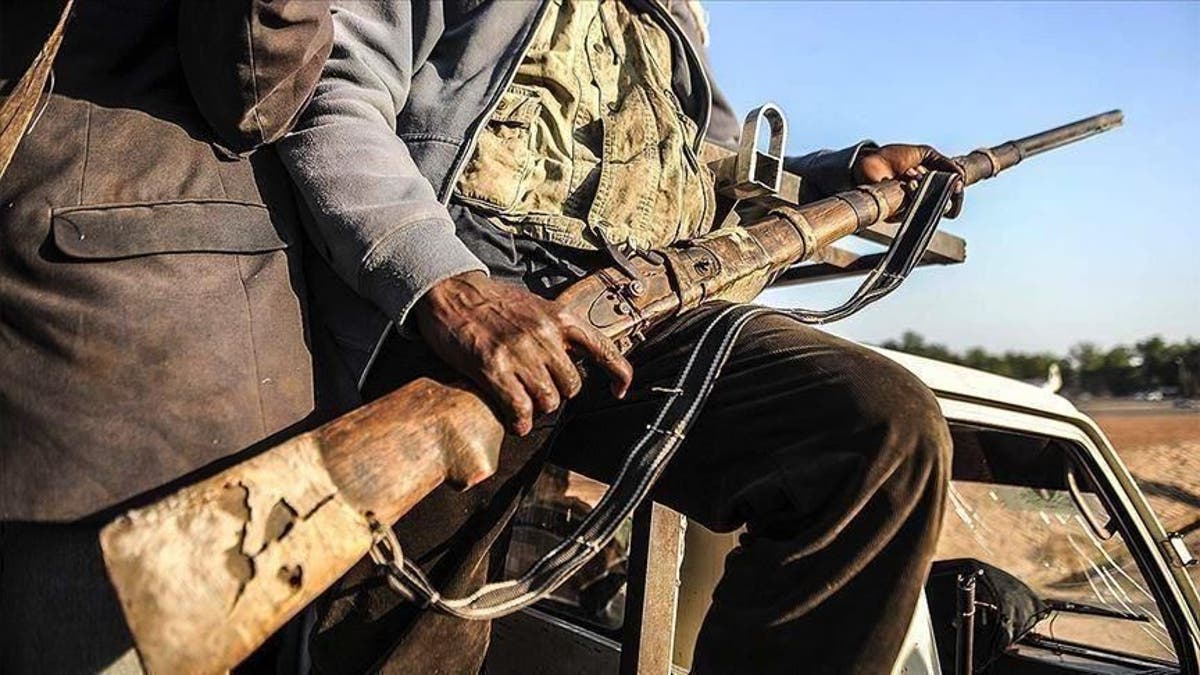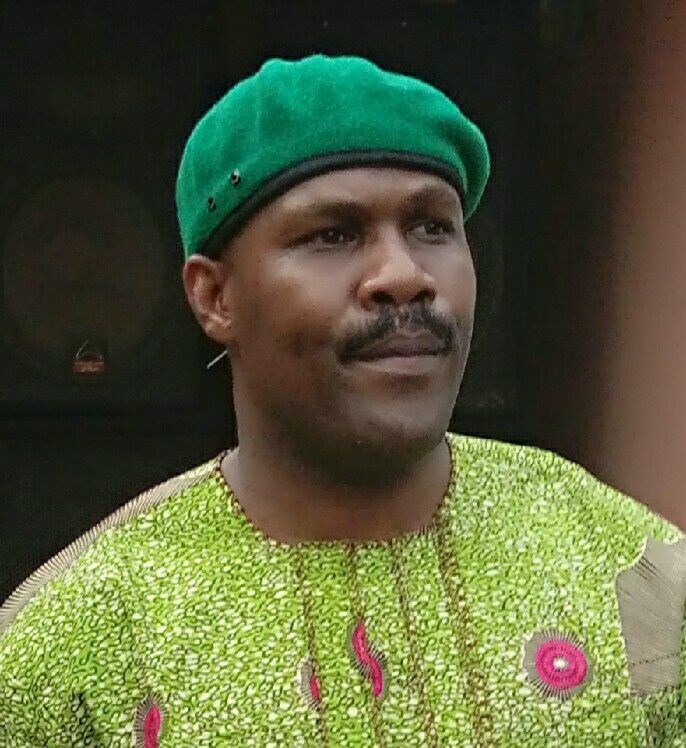President Muhammadu Buhari has charged the Network of African Parliamentarians to come together and collaborate with the civil society organizations in finding lasting solution to the violent threats currently challenging the cooperate existence of their various nations across the continent.
The President gave the charge on Thursday at the 5th conference of Network of African Parliamentarians Members of Defense and Security Committees (REPAM-CDS) held in Abuja with the theme: “Defense and Security Cooperation Between Europe and Africa: New Mechanisms, Appropriation and Discussions”.
President Buhari said it is utmost important that African governments engage in partnerships with Civil Societies, to finding a lasting solution to the incessant attacks currently ravaging the continent, especially now that non-state-actors are violently challenging the fundamental legitimacy of our countries.
President Buhari, who was represented at the occasion by the Vice President, Prof. Yemi Osinabo said the major challenge before the parliamentarians is to develop measures through policies and legislations that create an umbrella of security of our people capable of preventing the forces of destabilization from weaponising the frustration of the marginalized.
According to him, the approach of partnering with the Civil Societies must necessarily encompass not just all government but all of society.’’
The summit is a strategic platform that brings together law makers as well as representatives of African Union, ECOWAS and European Union to exchange ideas, share experiences and deliberate on common approaches to addressing threat to our collective security.
The President said the timing of the summit could not be more appropriate than now, the challenging phase in the Africa’s development when governments across the continent are dealing multiple threats, ranging from terrorism to piracy to trans-national organised crime and insurrectionary challenges to the very legitimate of our nations.
‘’Here in Nigeria, we are currently grappling with our share of these challenges as posed by terrorism and insurgency.
“As part of our efforts in responding, we have prioritised our commitment to the constitutional imperative of guaranteeing the security and welfare of the people.
‘’We have embarked on ambitions programme of reforming critical law enforcement institutions, while sustaining consistently increased investment in addition to security sectors.
‘’However, we recognise that the threats we face in this borderless age are often local and transactional.
“We recognise that insurrection one conflict in country can spread like infection across borders to destabilise neighbours and create even greater threats that may jeopardise regional security and stability.
’’This is why multi-dimensional partnerships such as we have here today are crucial to guarantee stability and prosperity of our nations and our continent.
“As a conclave of parliamentarians, we welcome defense and security issues, this forum is of particular importance to threats confronting us, whereby occasional youth conflicts or by, hostile non-state actors require us to deepen our cooperation and strengthen the cross-cutting bonds between our defense and security institutions.
‘’As parliamentarians, you have a crucial role in leading domestic advocacy for vital security partnership in your respective countries.’’
Buhari, who commended the newly established European Peace Facility in advancing the call for defense and partnerships between the African Union and the European Union for bilateral cooperation, expressed optimism that the facility would significantly enhance our capacity to promote peace and stability on the continent.
Beyond this, he said that the proposed partnership between the two continents should take various forms and be actualised along difference axis in building a common front against forces of destabilization, adding that the principle of human security must be the central animating impulse of our response measures.
‘’At a time that non-state-actors are violently challenging the fundamental legitimacy of our countries, it is utmost important that government engage in partnerships with Civil Societies. This approach must necessarily encompass not just all government but all of society.
‘’Mobilising the full spectrum of our national assets also means engaging the broad expanse of our societies. And in order to do this, we must renew the social compass that binds government and the governed and build institutions that promote inclusive society and prosperity.
‘’We recognise that having large segment of our population feeling alienated is a critical vulnerability. The mission of this network assumes even greater importance given our long held aspiration towards regional integration. The African Continental Free Trade Agreement is the most recent manifestation of our resolve tom open up our borders to increase inter-African Trade and grow the continent’s economy.
‘’It has long been established that deepening the trade links between our nations will serve as a purposive engine for driving Africa’s growth. But these objectives will be undermined by unchecked destabilization and insecurity.
‘’ In the light of this, it is clear that the network has a key role to play in securing our collective prosperity. For our own part, Nigeria remain committed to fulfilling its obligation as a member of ECOWAS, the AU and a leading nation in the continent.
‘’Nigeria also remains committed to African integration and all collaborative endeavours that promote the course with which this August network is a fine example.’’
He ‘however, charged them to find gaps that will form the basis of legislative and policy actions by the countries that are represented at the summit in analysing the prospects of the European Peace facility, the ECOWAS protocol in the Free Movement of Persons, Goods and Services, and other relevant conventions.
In his remarks, the Chairman of the National Assembly and President of the Senate, Sen. Ahmad Lawal said: ‘’We considered insecurity in Nigeria to be part of legislative agenda and of course is the agenda of President Buhari’s administration. There is a meeting point between us in the, legislature and the executive arms of government.
‘’We believe that this is one challenge that must be tackled for us to have peace and development will continue to be jeopardised. Only few months ago the NASS passed a supplementary of over N900billion and over 80% of that was appropriated for security and defence of our country.
‘’We intended to repeat the same feat in the 2022 appropriation bill presented to them recently. We need foster peace through this network and domesticate it at various countries.’’
He further suggested that outcome of the resolution from the summit should be escalated and domesticate in their various parliaments and engage the executive arms of government in their countries.
Earlier in his welcome address, the Chairman House of representatives Committee on National Security and Intelligence and President, Network of African Parliamentarians on Security and Defense Committees in charge of Anglophone countries, Hon. ShaÁban Sharada said the event took place in Nigeria following the resolution of the Network during its fourth conference in Abidjan, Cote D’ivore in September, 2020.
According to him, the event was also organized at the best of time to provide opportunities to participants to discuss emerging regional and continental security challenges to identify realistic sustainable solutions through befitting legal and institutional frameworks.
On his part, the Resident Representative of the Konrad-Adenauer Foundation, Roland Stein said since 2017, the network has grown from humble beginnings with only a handful of participants to a parliamentary dialogue around the stakes and concerns of security and defence issues in Africa with over 30 delegates from up to 17 countries in West and Central Africa.
He said that despite the remarkable cooperation efforts between Africa and Europe, security problems have increased in recent years on the African continent.
‘’The new threats related to transnational terrorism, cross-border crime, asymmetrical- and cyberwarfare and old armed conflicts that persist in renewed forms, have undoubtedly inspired an adaptation of the response format which leads us to taking a close look at our second main conference topic – the New European Peace Facility.
‘’This new security policy initiative was launched with the designated purpose of enabling the European Union to finance future military peace operations all over the world in direct cooperation with respective states, on the eve of 2021, after long, difficult and controversial negotiations between the member states.’’
In his own remarks, the Sultan of Sokoto, HE, Mohammadu Sa’Adu Abubarkar underscored the need for partnership among African countries in tackling insecurity.
He urged African leaders to use their religion and cultures to find solution to their challenges.
He also charged them to recognize traditional rulers as custodians of local authorities and assign responsibility to them and charged the summit to ensure holistic implementation of their resolutions, insisting that our problem has always been lack of implementation of policy frameworks.
The conference focused on the new European Peace Facility (EPF) which was recently developed to replace Former African Peace Facility (APF); and its prospects will be utilised to enhance defence and security in Africa.
In more specific context, the conference sought to: evaluate the implementation of EU-AU defence and security cooperation in Africa; explore the prospects of the new instruments and competences the EU is deploying in the field of military assistance to peace operations in Africa; examine the strategies adopted by African Parliaments in discharging constitutional role in the era of pandemic particularly as it relates to national security; and share knowledge and experience on common security challenges at the regional and continental levels and develop strategies to improve the situation.
The participants were drawn from members of Defence and Security Committees of various House of Representatives from African Parliaments, security experts and academics within and outside Africa.
ECOWAS member states present at the event include: Brazzaville, Zambia, Niger Republic, Burkina Faso, Mali, Angola, Namibia, Tanzania, Sierra Leone, and Burundi and Nigeria.
Also present was the representative of the Speaker of the House of Representatives, represented by the Chief Whip, Hon. Mohammed Mongunu and other members of the House of Assembly, Secretary to the Government of the Federation, Mr. Boss Mustapha, Sultan of Sokoto, and other dignitaries.
Vanguard News Nigeria







2 Comments